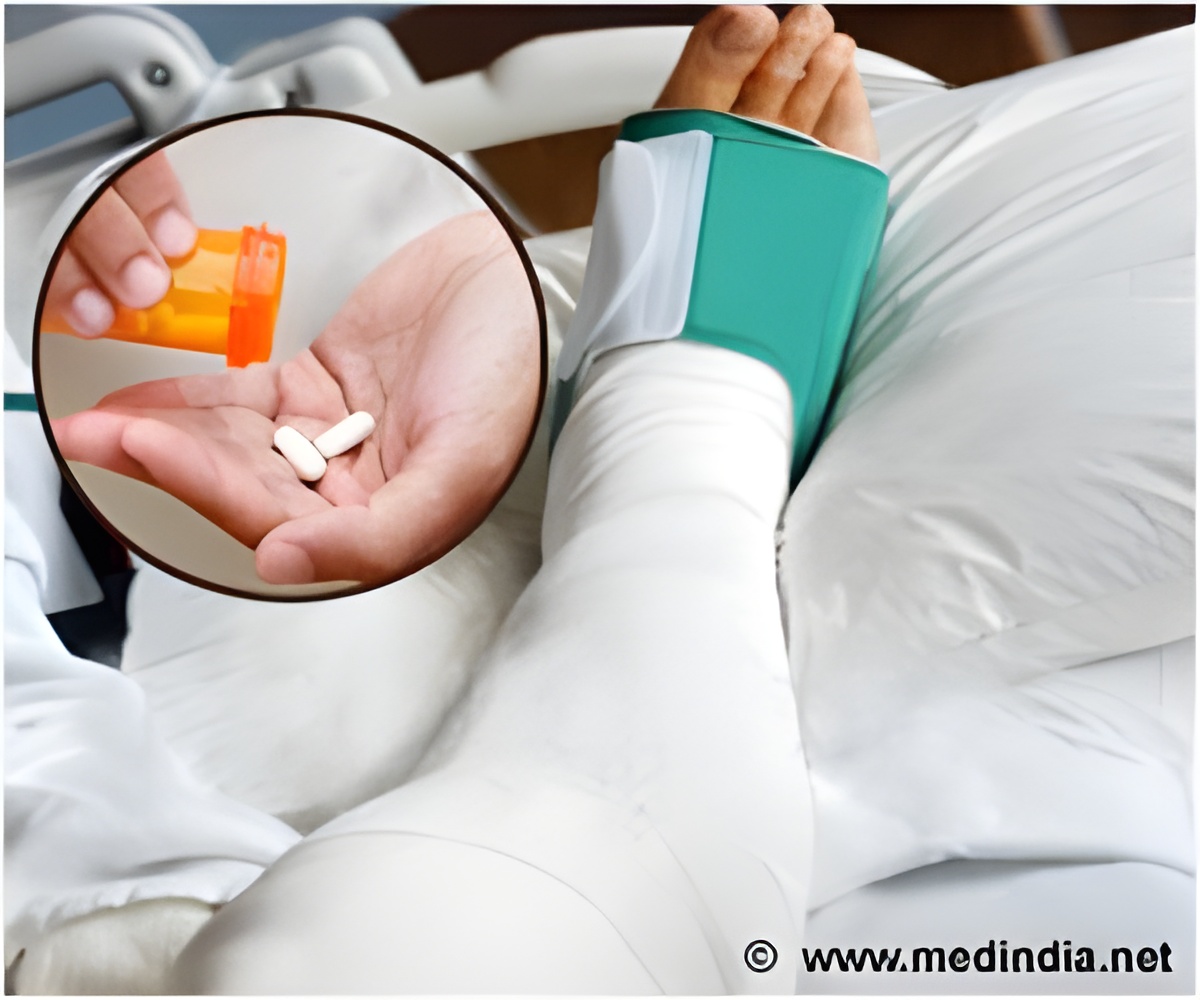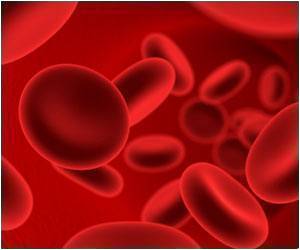Oral VTE prophylaxis with rivaroxaban and dabigatran after orthopedic surgery is cost effective and practical.

The rate of complications arising from VTE is notably higher amongst hospitalized patients not receiving anti-coagulant therapy post-surgically. This rate is close to 10% to 40% amongst medical or surgery patients while it is found to be around 40 to 60% amongst orthopedic surgery cases. Deep vein thrombosis and Pulmonary Embolism of lungs both can prove to be potentially fatal.
Other consequences involved with VTE include the increased costs of diagnosing and treating symptomatic VTE patients, the increased risk of recurrence of VTE including post-thrombotic syndrome amongst those receiving in-hospital treatment and the side-effects of the medications received as part of the prophylaxis.
While a prolonged hospital stay adds to the cost of the treatment of the orthopedic surgery, VTE often goes unnoticed in many cases. The Agency for Healthcare Research and Quality, U.S., has recognized Pulmonary Embolism as the leading cause of preventable hospital deaths.
The most common risk factors of VTE include trauma, immobilization, hematoma and similar venous compressions and a previous history of VTE.
Orthopedic surgeries pose a higher risk of VTE especially in the first two months post-surgically and have been observed to lead to higher number of hospital re-admissions amongst those operated.
The oral route of VTE prophylaxis can prove to a more cost-effective and practical mode of controlling the complications arising from VTE after general as well as orthopedic surgeries.
Dr.Jessica L.Johnson from Louisiana and her co-researchers analyzed the efficacy of these three agents in their recently published research in the US Pharmacist.
In their analysis of 29 trials which made a comparison of VKa antagonist Warfarin with other agents as part of the prophylaxis in orthopedic surgeries, it was found that VKa Warfarin was significantly less effective than Low-molecular weight heparin (LMWH) in the process of prevention of deep vein thrombosis.
The RECORD 1 trial analyzed and made a comparison of the effectiveness of oral rivaroxaban 10mg given once daily to the subcutaneous administration of enoxaparin 40mg once daily. The comparison for the risk of DVT was evaluated amongst cases of total-hip arthroplasty.
It was found that rivaroxaban reduced the risk of development of complications of VTE in a higher number of cases compared to enoxaparin. The oral administration of rivaroxaban was thus the preferred choice for VTE prophylaxis amongst Total Hip Arthroplasty (THA) cases.
The RECORD2 trial followed up and compared the outcomes of five weeks of rivaroxaban treatment with two weeks of enoxaparin 40 mg. The researchers found a significantly better outcome with rivaroxaban in terms of symptomatic VTE cases.
The RECORD3 and RECORD4 trials compared these dosages amongst the cases of total knee arthroplasty. It was noted that rivaroxaban was superior to enoxaparin in prevention of any mortality, non-fatal PE or DVT for up to 17 days post-surgically. However, no significant difference was found between the two in terms of incidence of any major and symptomatic VTE and bleeding events.
Three trials compared the efficacy of dabigatran, an oral DTI with enoxaparin, in the cases of total knee arthroplasty, total hip arthroplasty and knee replacement. The researchers found no significant difference in the effectiveness of dabigatran when compared to enoxaparin with a lower efficacy of the latter amongst knee replacement cases.
Present guidelines suggest a post discharge of VTE prophylaxis of at least 10 days and an extended-duration prophylaxis for up to 35 days amongst the cases of hip fracture and hip-replacement.
It was thus concluded that oral anticoagulants specifically rivaroxaban and dabigatran should be evaluated in future studies for their potential use and effectiveness in oral VTE prophylaxis in Orthopedic Surgery. This will lead to a significant reduction in the number of complications and the mortality rate from VTE complications following orthopedic surgical procedures.
Reference: US Pharmacist2012
Source-Medindia









